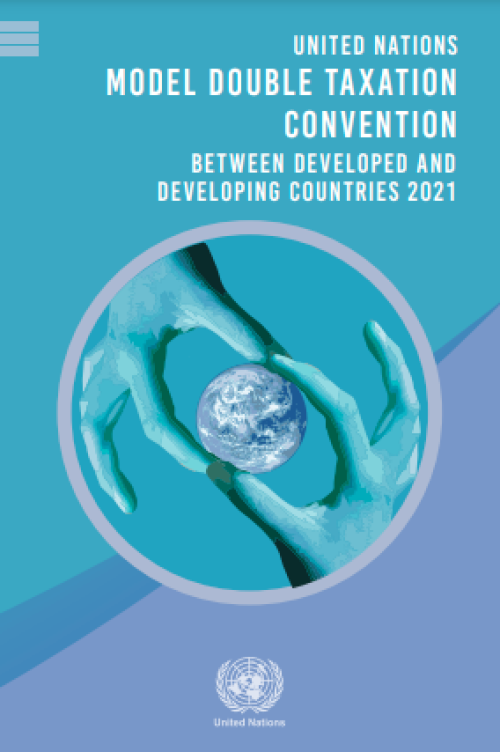Double tax treaties aim to prevent unrelieved double taxation, in order to foster cross-border economic activity and the transfer of technology. Countries generally use models as a starting point when negotiating tax treaties. As the UN Model Double Taxation Convention between Developed and Developing Countries generally favours retention of greater host country taxing rights, it tends to be relied upon more by developing countries than the OECD Model Tax Convention on Income and on Capital.
The UN Model Taxation Convention consists of articles on the treaty’s scope and on definitions to be used in the treaty. For different kinds of income and capital, it allocates taxing rights before establishing how double taxation will be eliminated where the taxing rights are shared. It also includes articles that prevent certain forms of tax discrimination; provide for the exchange of tax information and assistance in tax collection between the treaty partners; allow the treaty partners to consult together, through the Mutual Agreement Procedure, to resolve disputes or address doubts concerning the treaty; and address certain types of treaty abuse.
 Welcome to the United Nations
Welcome to the United Nations

